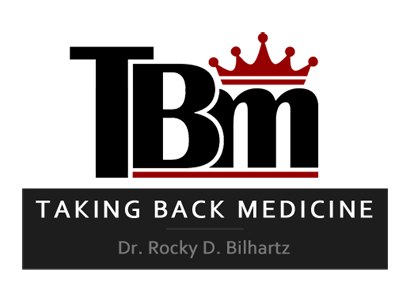After reading my latest post about conflicts of interest in healthcare, my wife suggested that I write a piece about butterflies. Something pretty, she said. Natural. Peaceful.
Since hostility is never my goal, I thought I’d give it a try.
I read for an entire evening on butterflies–their life cycle, behavior, mechanisms for protection, and how different cultures view them. All I could keep thinking about was how much my grandmother liked them. She lived for nature. Flowers. Birds. Butterflies. She stayed with me once as a child when my parents were out of town. She would literally drive only 10 MPH on the road if anything remotely beautiful were visible out the window. Butterflies included. During her visit that year, I intentionally directed her down the ugliest roads in town so we could get to where we were going more quickly. I know it sounds bad, but that’s what I did.








Recent Comments